Stalcup’s Cluster Midge Needs To Be In Your Box
Stalcup’s Cluster Midge is one of my favorite midge patterns. I always have some in my box during the spring and then again in July when the tricos start to hatch.
This fly evolved from the Griffith’s Gnat and shares several features with this classic pattern. Both flies have peacock herl bodies and grizzly hackle.
There are some notable features that set Stalcup’s Cluster Midge apart from other midge patterns. First, it incorporates two parachute posts that make it very easy to see. The Griffith’s Gnat is a great pattern, but it is difficult to see. Stalcup’s Cluster Midge solves this problem.
Second, it does a great job imitating midge clusters of a variety of sizes. I was watching some midges blowing in the wind on Monday and at times they were clumped into clusters as big as a golf ball. We stock the pattern in sizes 14-18 and use all three sizes depending on how many bugs are on the water.
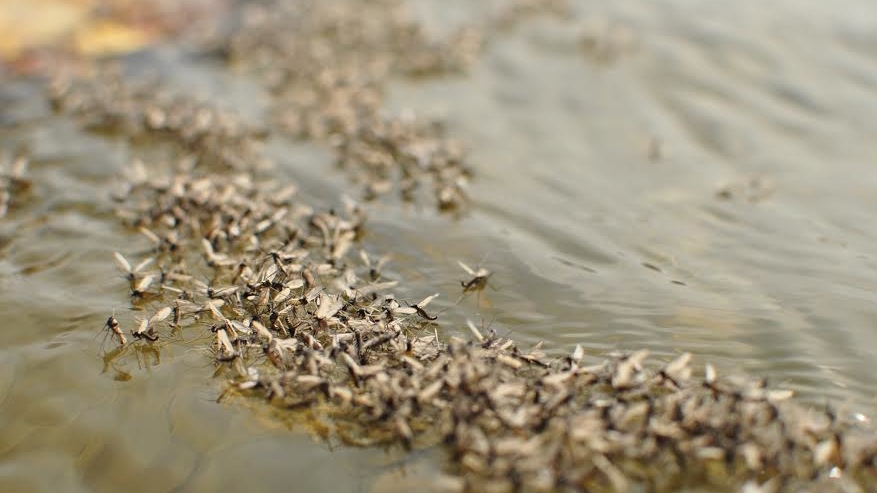
Shane Stalcup was a very skilled fly designer who incorporated synthetic materials into many of his flies. The Stalcup Cluster Midge incorporates two pairs of clear synthetic wings that add flash and realism to the pattern and help trap air bubbles underneath it.
One of my favorite ways of fishing this fly is in conjunction with another pattern. It’s buoyancy and visibility make it a great pattern to fish a small dropper behind. I’ll often fish another hard-to-see midge dry or midge emerger behind the more visible Stalcup’s Cluster Midge.
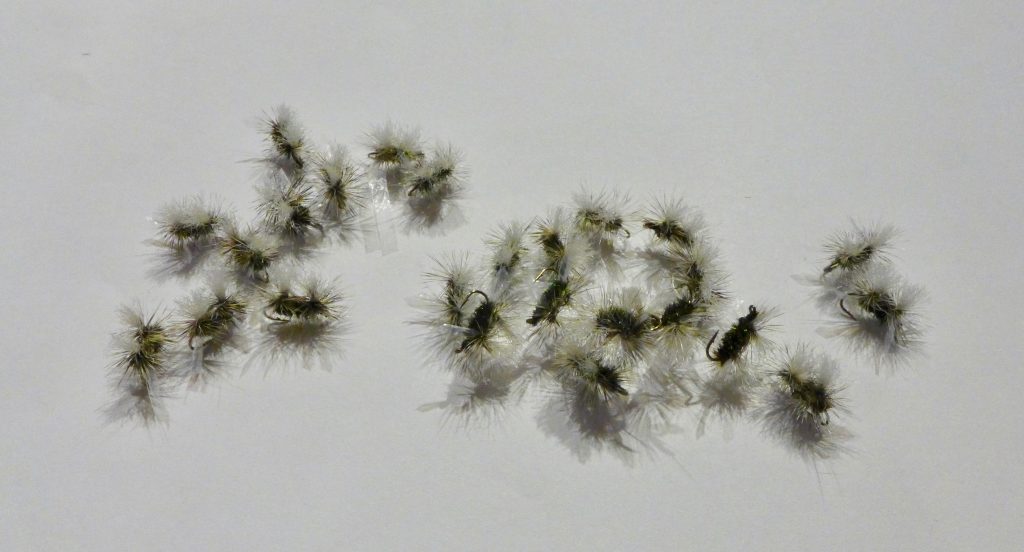
If you don’t already have this pattern in your fly box, do yourself a favor and add a few. It works.

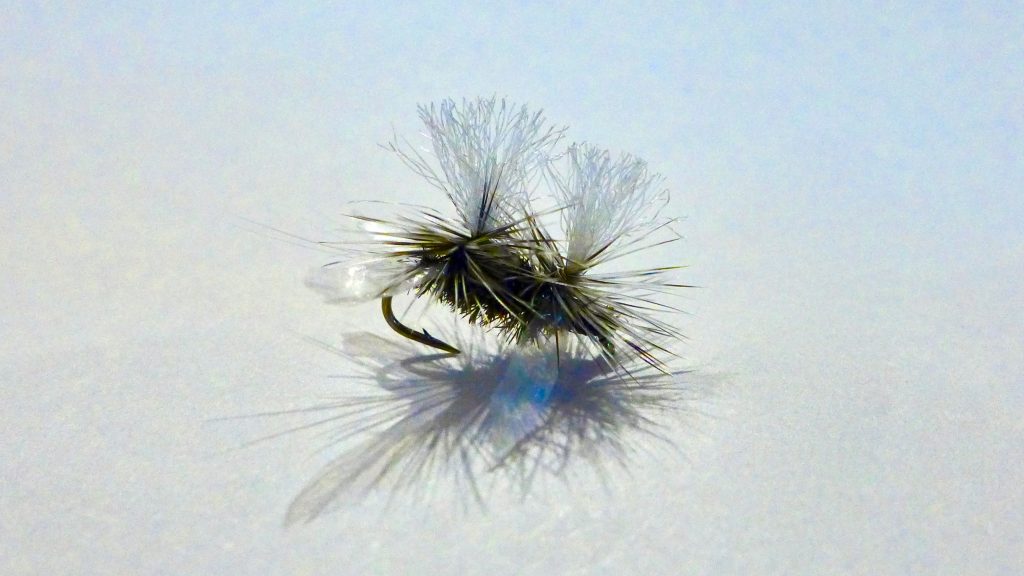
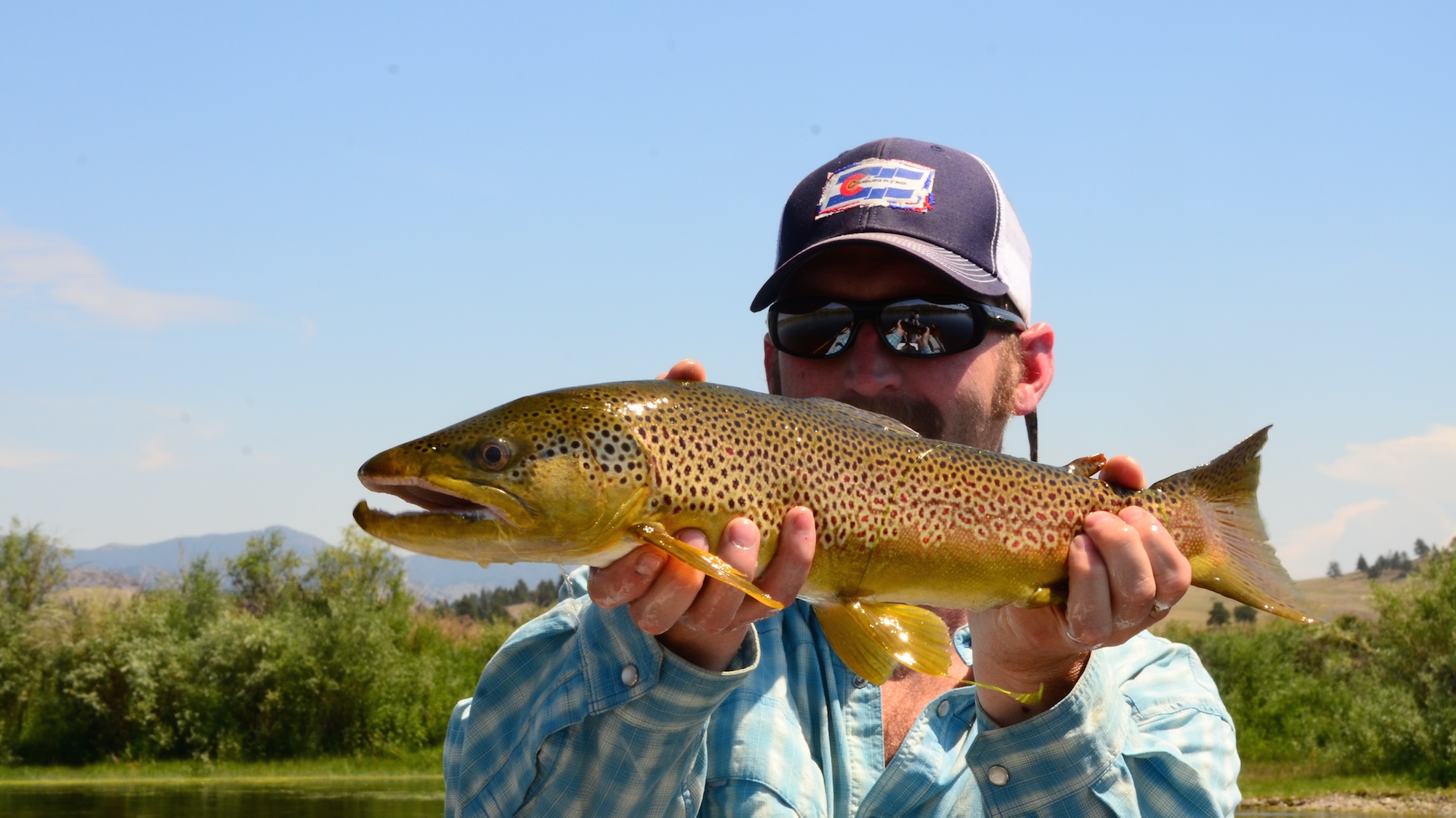
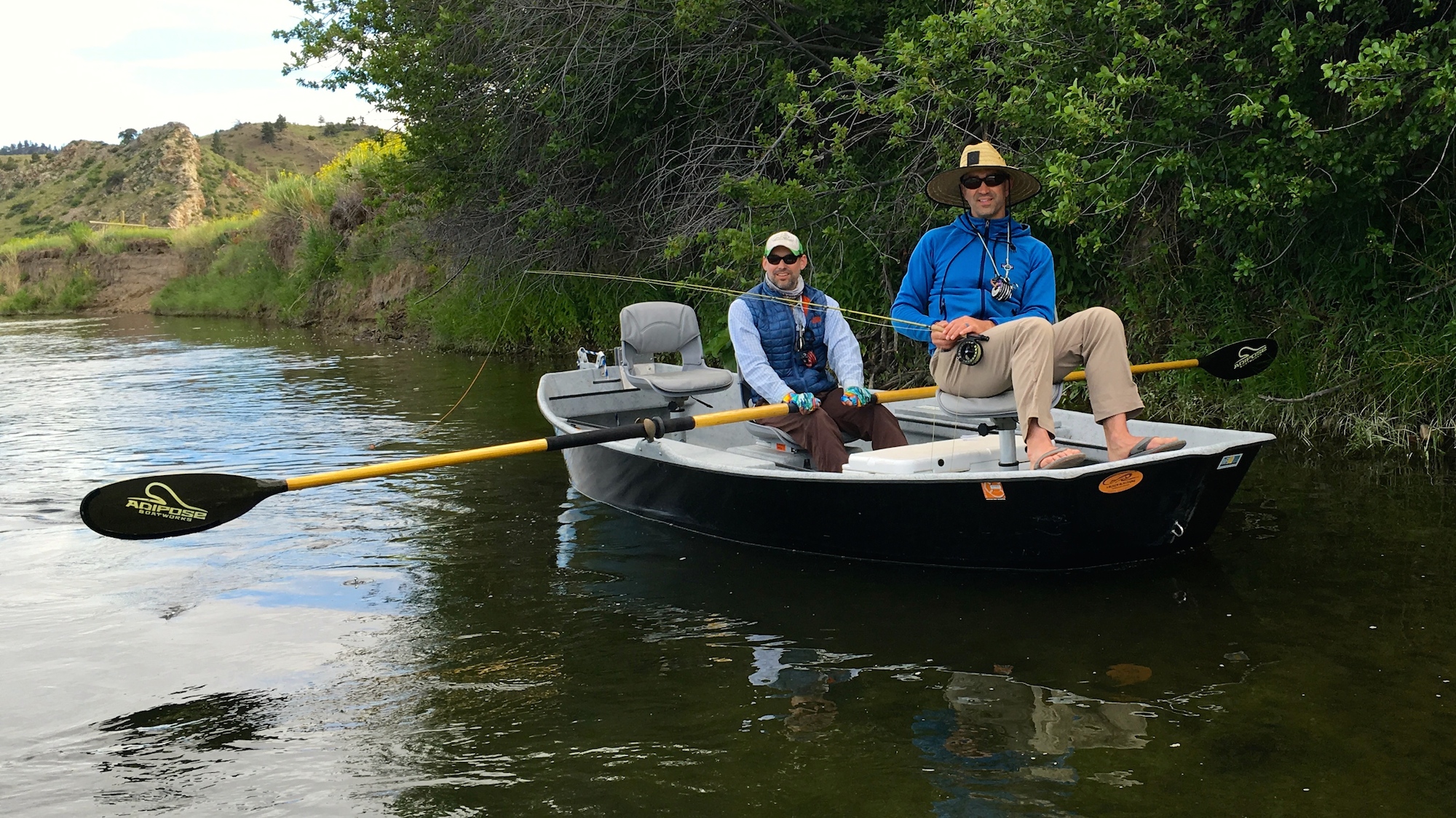
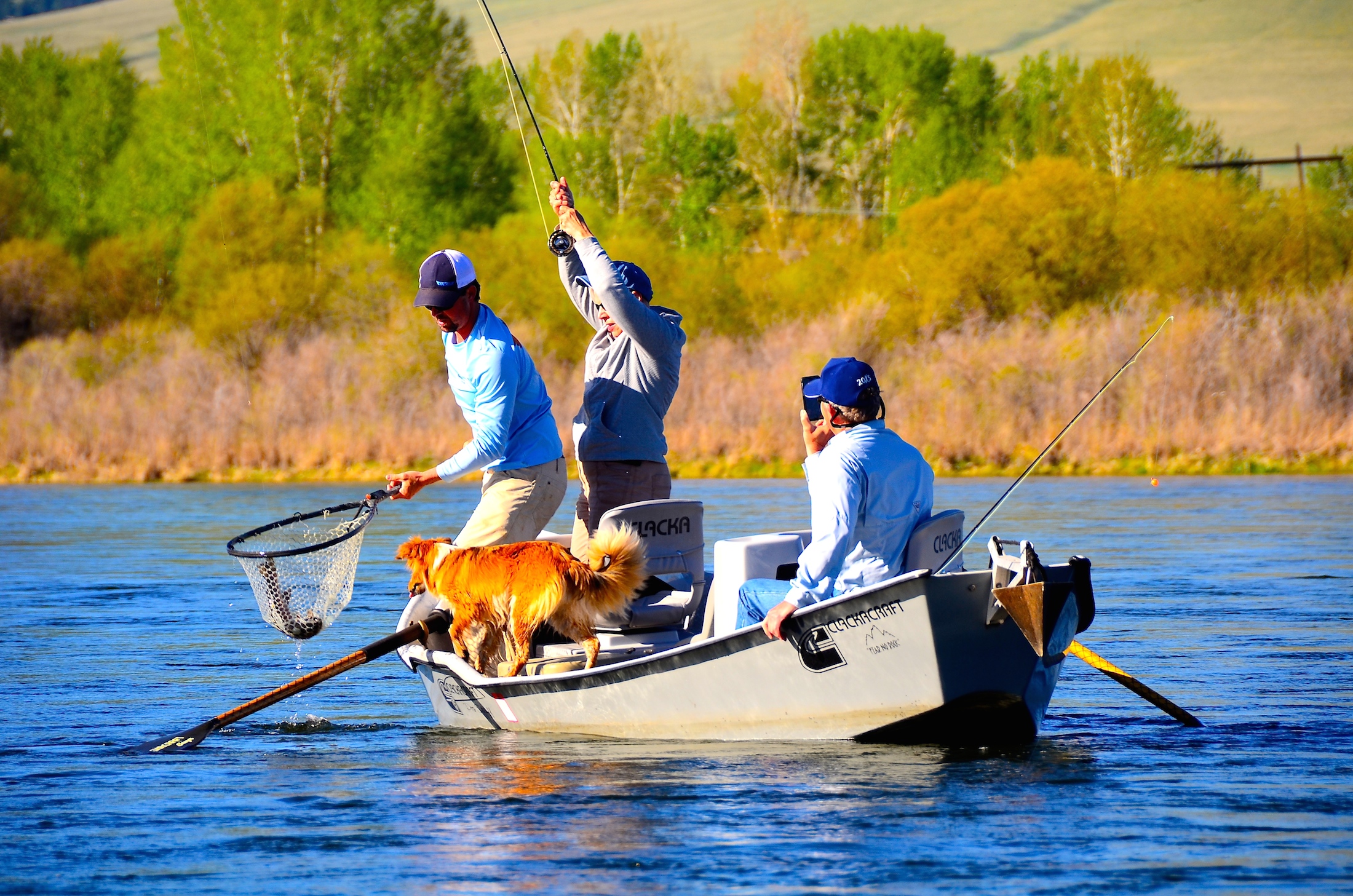
7 Comments.
Also a kick ass carp fly!
Shane was a great guy and super talented with CDC
Died way too young
I was looking to buy this midge online but did not see it within your flies for sale.
Tim, give us a call and we will put some in the mail for you! 406-235-3447
Sorry I’m seeing your reply so late. What size and how much p/fly? Thank you
Sz 12 and 14 2.50 each
Shhh…that is a secret bug.